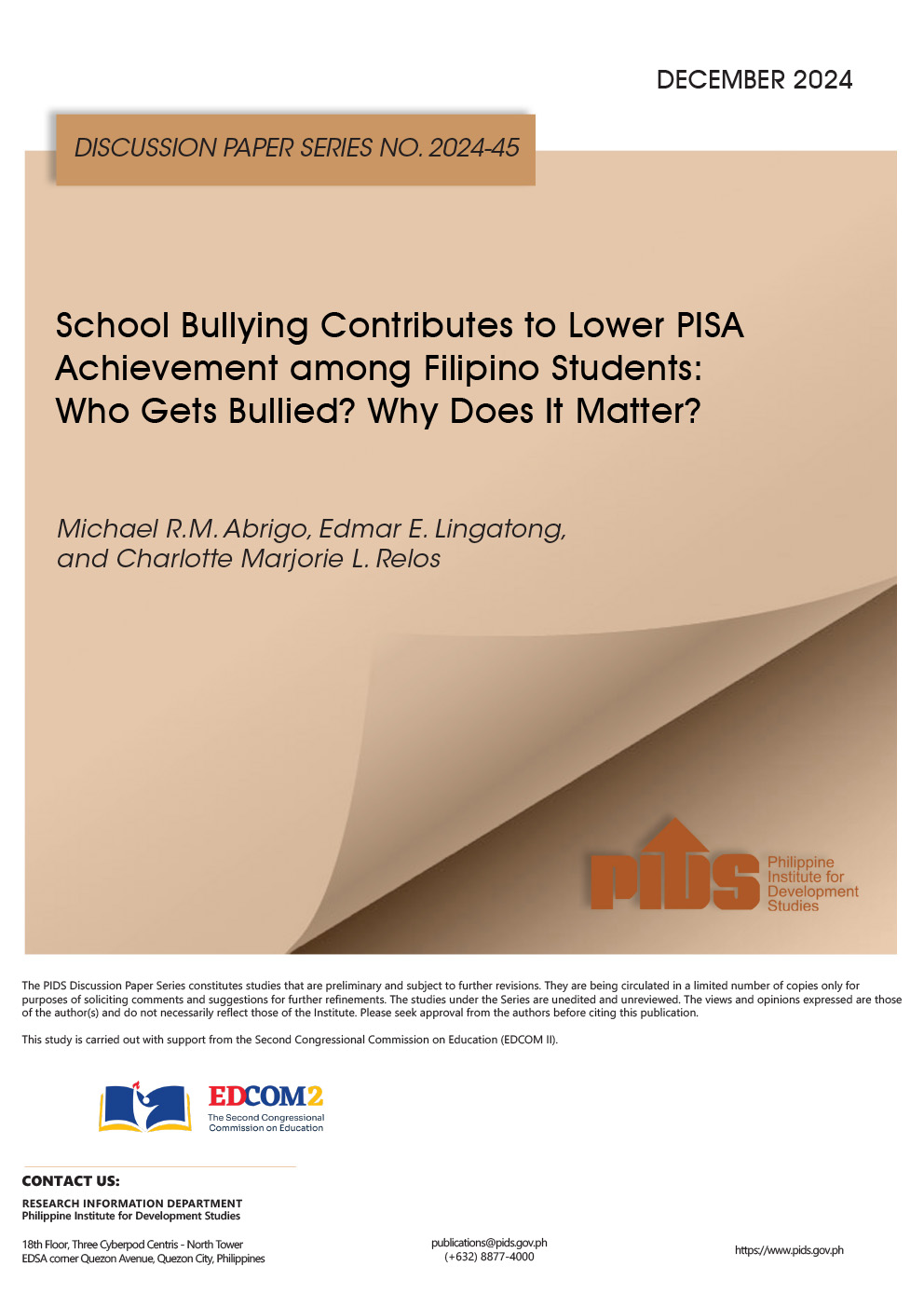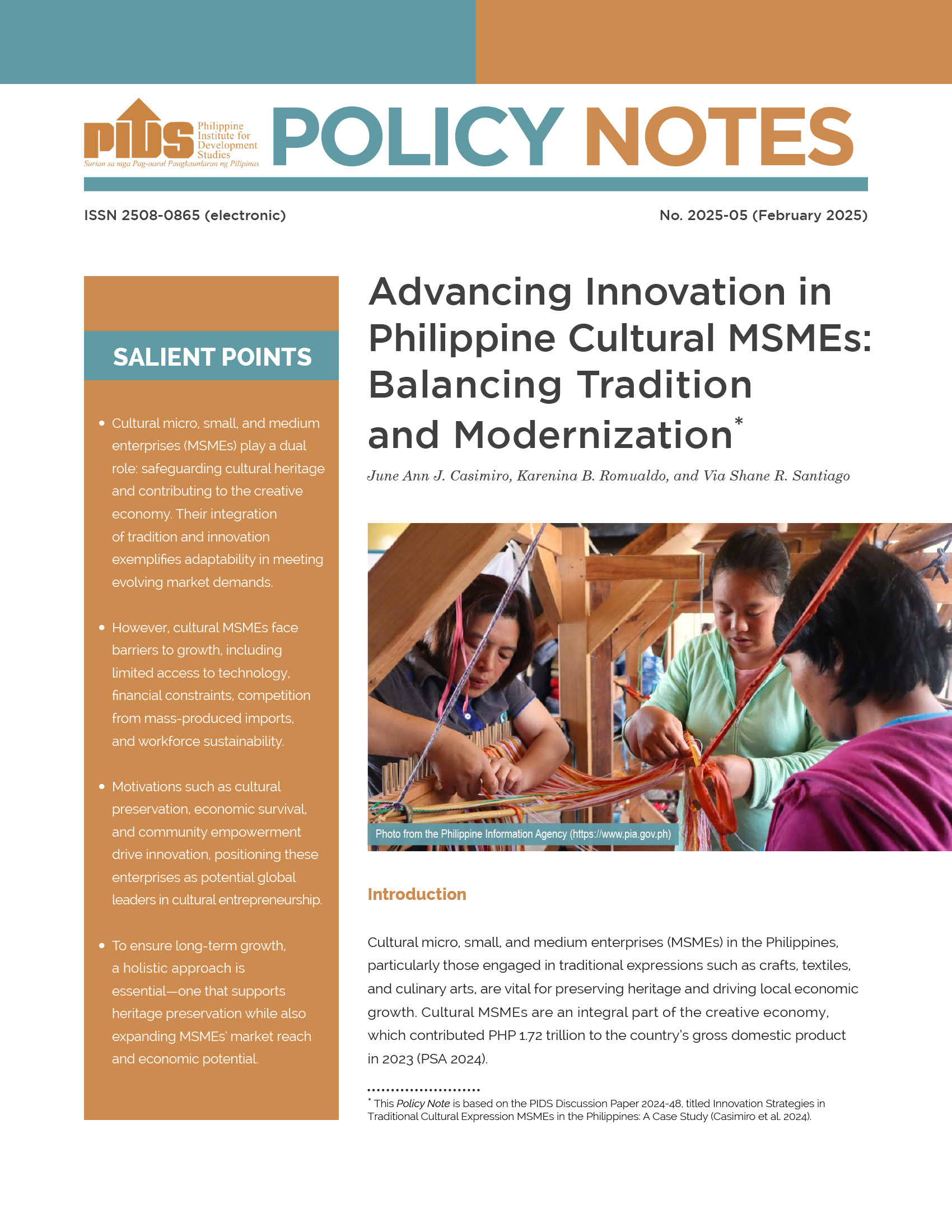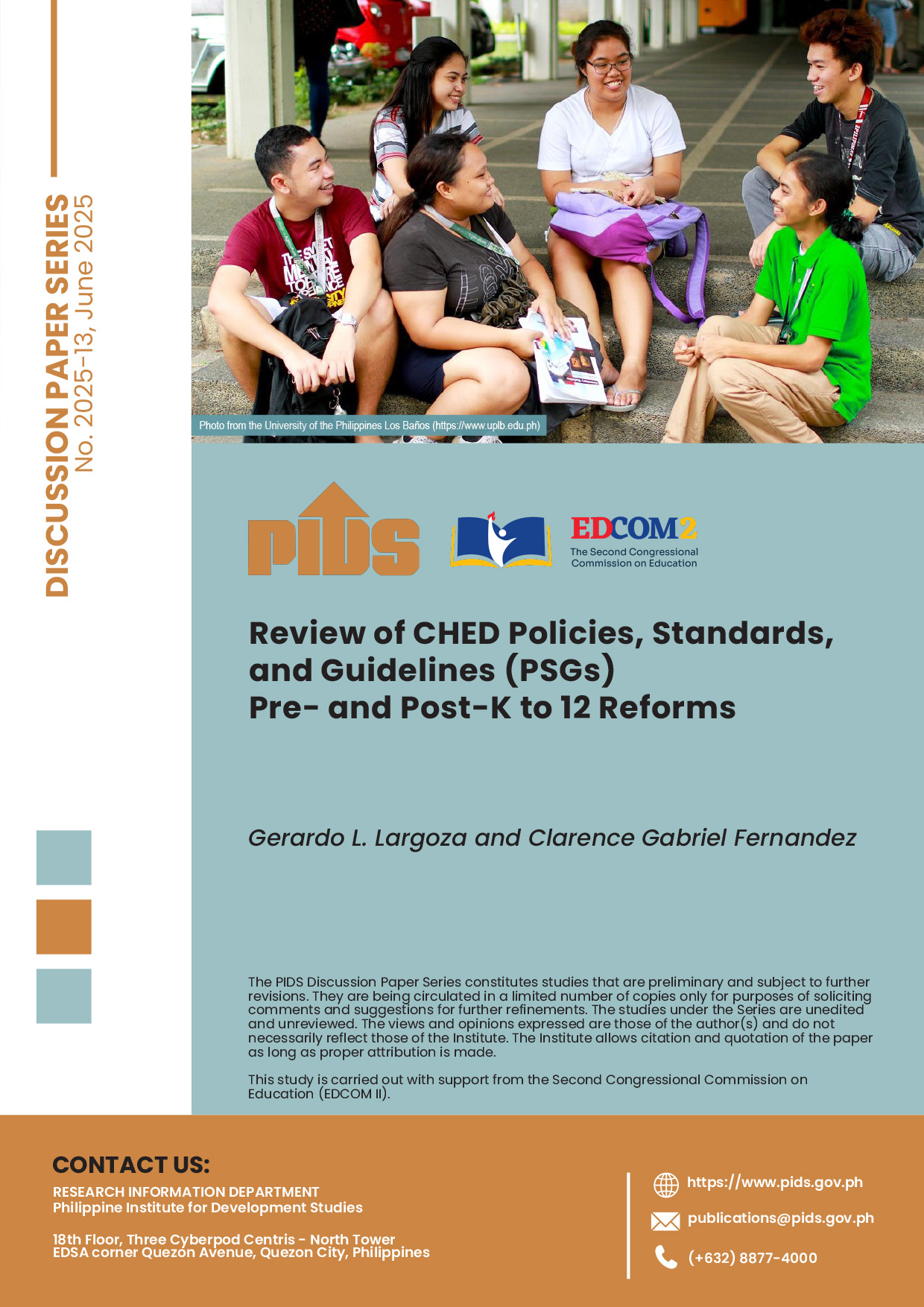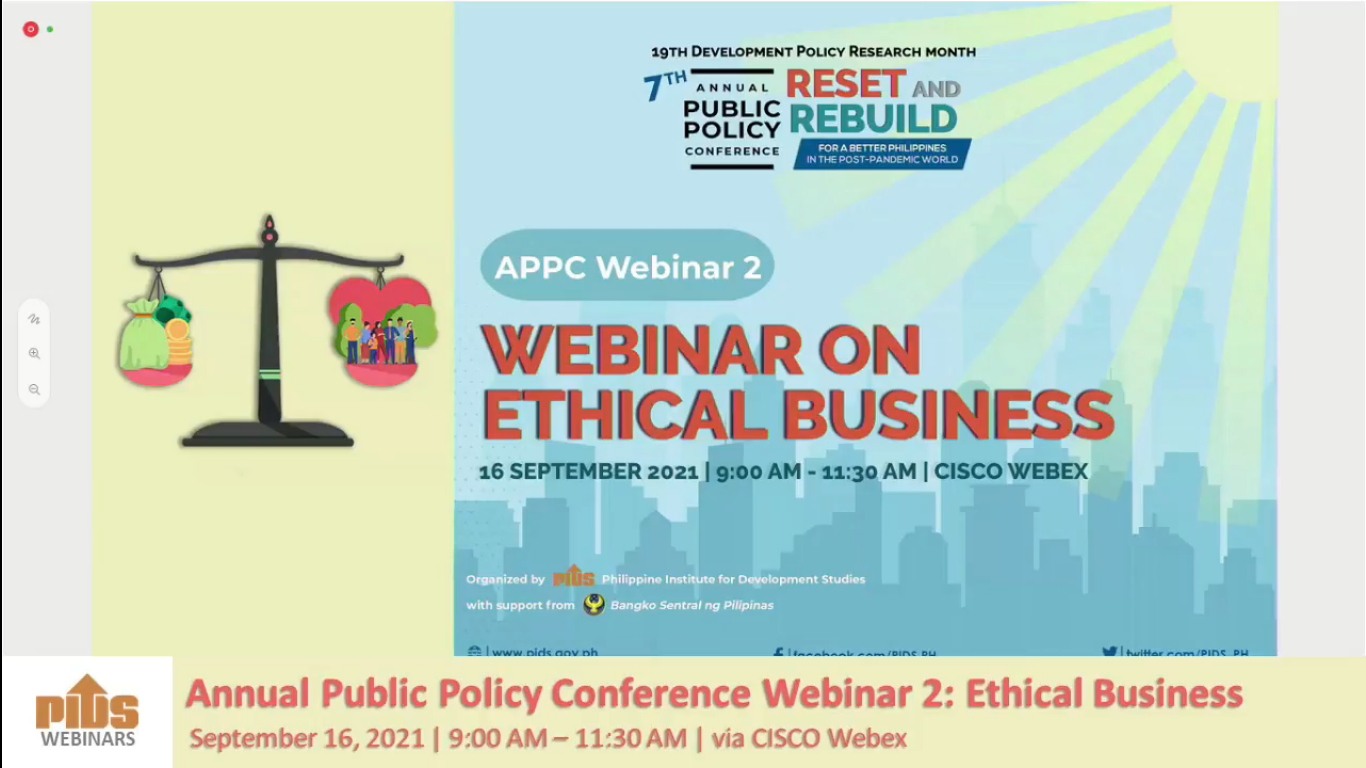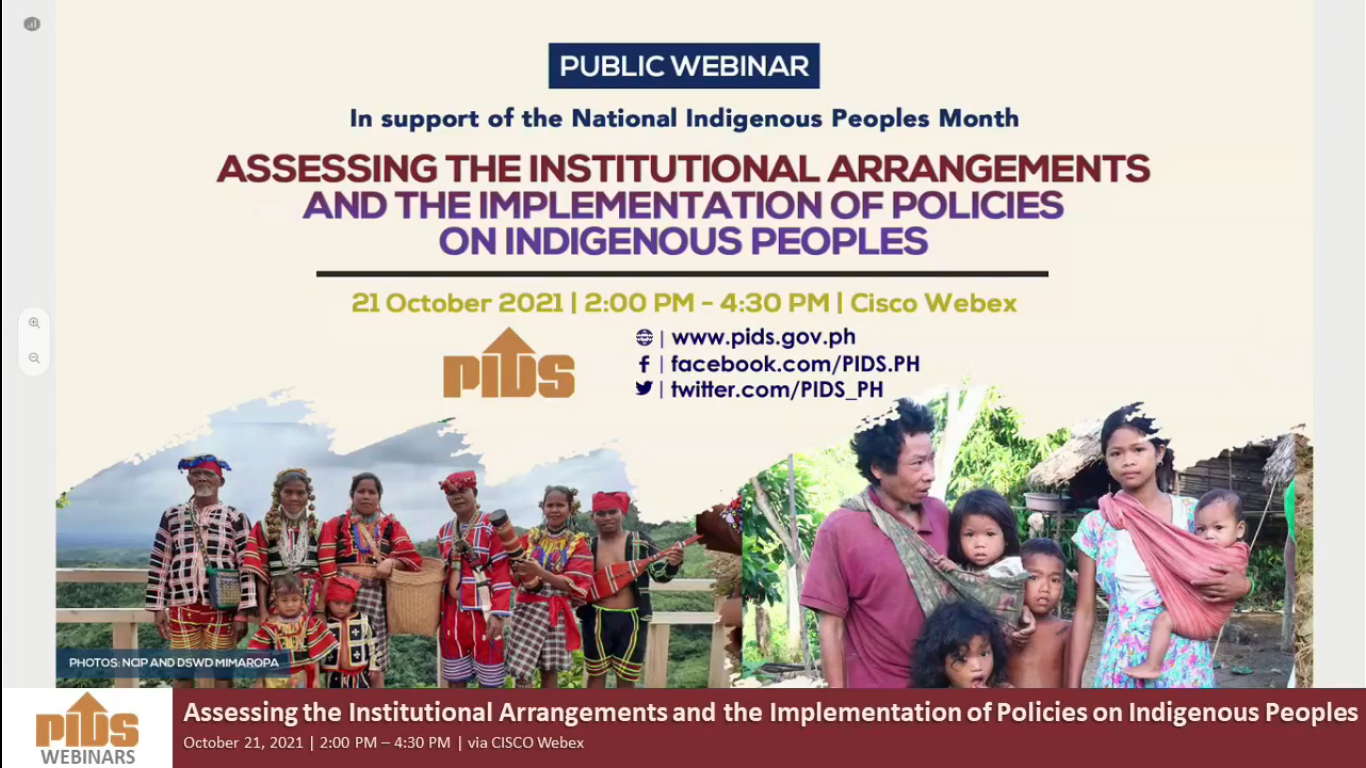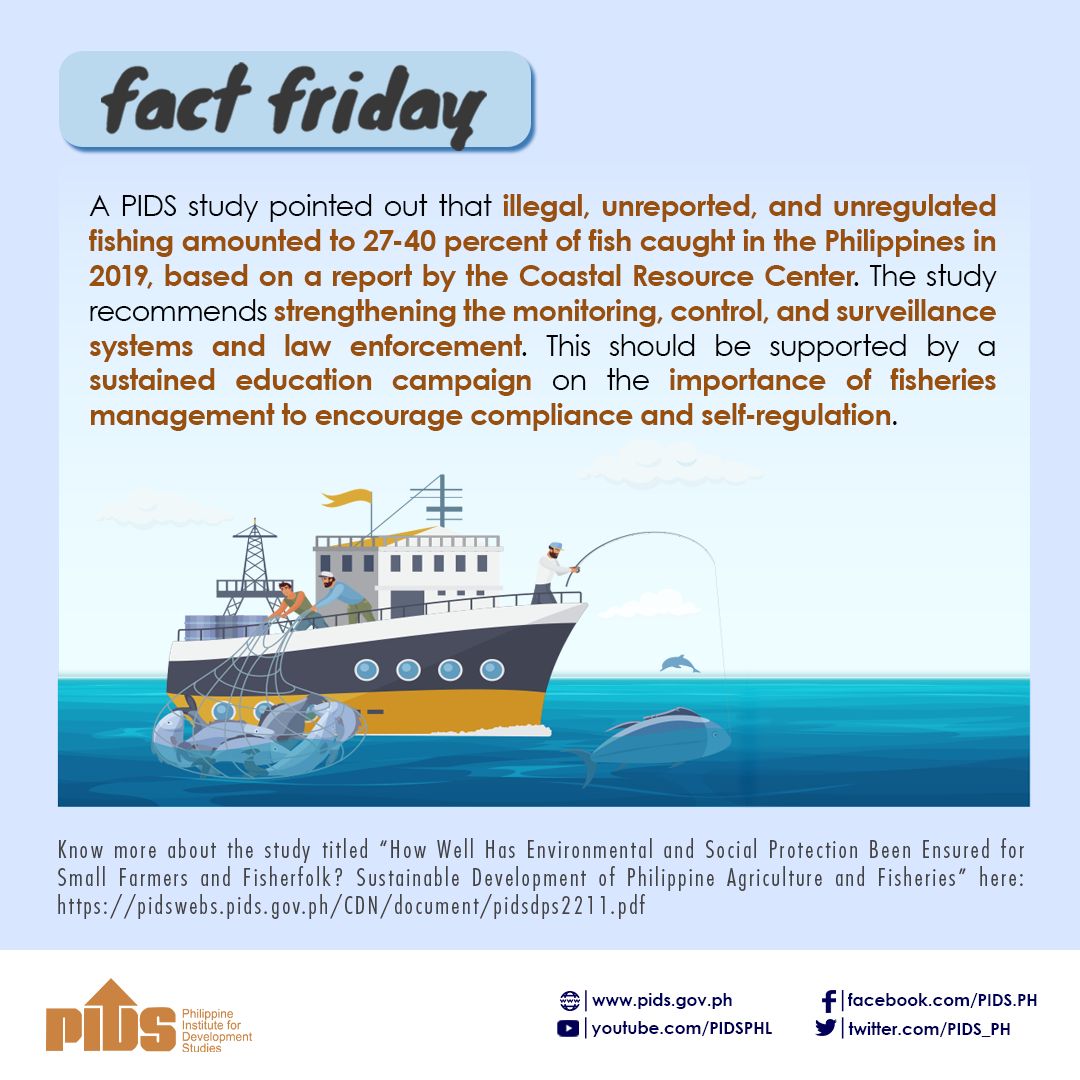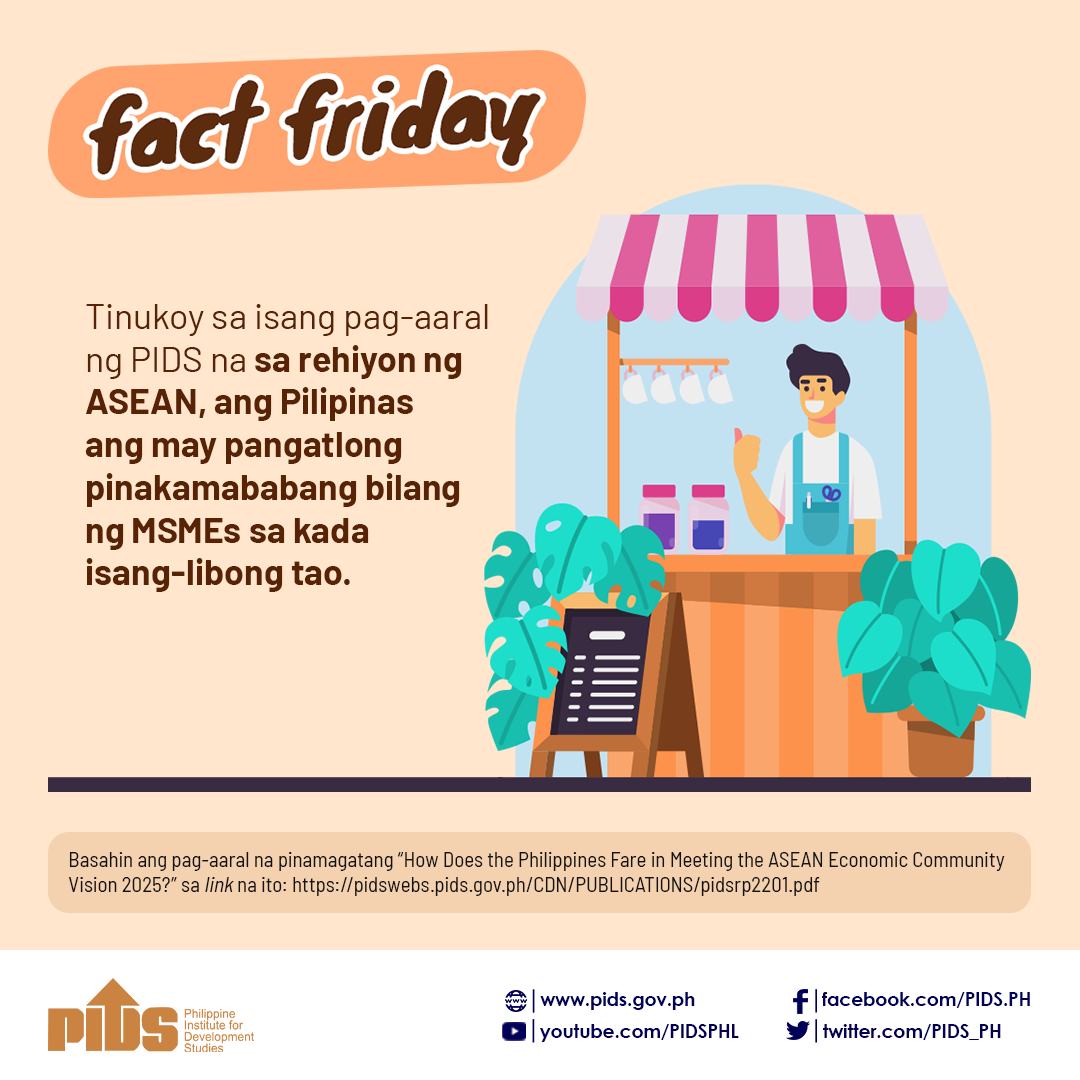Government rules that deter small mining firms from seeking legitimacy and the prevalence of smuggling of minerals that law enforcers tolerate to extract money are preventing the growth of marginal operations in the extraction industry.
Small-scale mining is expected to spur employment and economic opportunities particularly in the countryside but persistent issues hound the sector.
A Philippine Institute for Development Studies (PIDS) study identified a host of institutional, regulatory, labor, environmental and social issues that continues to bedevil the small-scale mining sector.
The study was authored by PIDS consultant Ludwig John Pascual, senior research fellow Sonny Domingo and research analyst Arvie Joy Manejar.
Foremost of the institutional issues facing the business involves the definition of small-scale mining under the law, which “does not fit its intended small-scale mining players and the eventual beneficiaries of government support.”
Authors of the research indicated that definition requires small-scale miners to be “duly licensed,” but they “are barely capable to comply with the requirements of the law.”
Furthermore, the agencies involved in small-scale mining also face problems, such as the lack of guidelines on their accreditation processes and lack of representation of other major stakeholders critical to the successful implementation of the People’s Small-scale Mining Program in certain provinces or regions.
The study also cited the conditions of the Bangko Sentral ng Pilipinas (BSP), the agency tasked to procure all gold produced by licensed small-scale miners as “not conducive to attract” small players. With many traditional small-scale miners not having bank accounts nor any government-issued identification cards to open one, they are unable to keep up with BSP’s payment in checks and the processing fees that are sometimes “already equivalent to the value of (the) gold” they sell.
Severe constraint
Similarly, the Bureau of Customs (BoC) is also saddled with problems in “curbing gold smuggling as evidenced by discrepancies in gold recorded by importing countries as against the gold recorded by the BoC as being legally exported.”
This, according to the authors, “strengthens illicitness within the informal economy, from small-scale mining to the gold black markets.”
In terms of regulatory issues, the study discovered through interviews that the police and military officers have been extorting money from small-scale miners, forcing the latter not to follow the law.
In addition, the requirements to establish Minahang Bayan where small-scale mining activities are allowed, “are very prohibitive for small-scale miners to comply with,” citing the too technical and expensive feasibility studies, work programs, and environmental impact analysis it requires.
Meanwhile, child labor continues to be a major issue affecting the sector, with 6 percent of its labor force constituting children according to 2017 data from the Mines and Geosciences Bureau in Region V.
Small-scale mining is expected to spur employment and economic opportunities particularly in the countryside but persistent issues hound the sector.
A Philippine Institute for Development Studies (PIDS) study identified a host of institutional, regulatory, labor, environmental and social issues that continues to bedevil the small-scale mining sector.
The study was authored by PIDS consultant Ludwig John Pascual, senior research fellow Sonny Domingo and research analyst Arvie Joy Manejar.
Foremost of the institutional issues facing the business involves the definition of small-scale mining under the law, which “does not fit its intended small-scale mining players and the eventual beneficiaries of government support.”
Authors of the research indicated that definition requires small-scale miners to be “duly licensed,” but they “are barely capable to comply with the requirements of the law.”
Furthermore, the agencies involved in small-scale mining also face problems, such as the lack of guidelines on their accreditation processes and lack of representation of other major stakeholders critical to the successful implementation of the People’s Small-scale Mining Program in certain provinces or regions.
The study also cited the conditions of the Bangko Sentral ng Pilipinas (BSP), the agency tasked to procure all gold produced by licensed small-scale miners as “not conducive to attract” small players. With many traditional small-scale miners not having bank accounts nor any government-issued identification cards to open one, they are unable to keep up with BSP’s payment in checks and the processing fees that are sometimes “already equivalent to the value of (the) gold” they sell.
Severe constraint
Similarly, the Bureau of Customs (BoC) is also saddled with problems in “curbing gold smuggling as evidenced by discrepancies in gold recorded by importing countries as against the gold recorded by the BoC as being legally exported.”
This, according to the authors, “strengthens illicitness within the informal economy, from small-scale mining to the gold black markets.”
In terms of regulatory issues, the study discovered through interviews that the police and military officers have been extorting money from small-scale miners, forcing the latter not to follow the law.
In addition, the requirements to establish Minahang Bayan where small-scale mining activities are allowed, “are very prohibitive for small-scale miners to comply with,” citing the too technical and expensive feasibility studies, work programs, and environmental impact analysis it requires.
Meanwhile, child labor continues to be a major issue affecting the sector, with 6 percent of its labor force constituting children according to 2017 data from the Mines and Geosciences Bureau in Region V.

